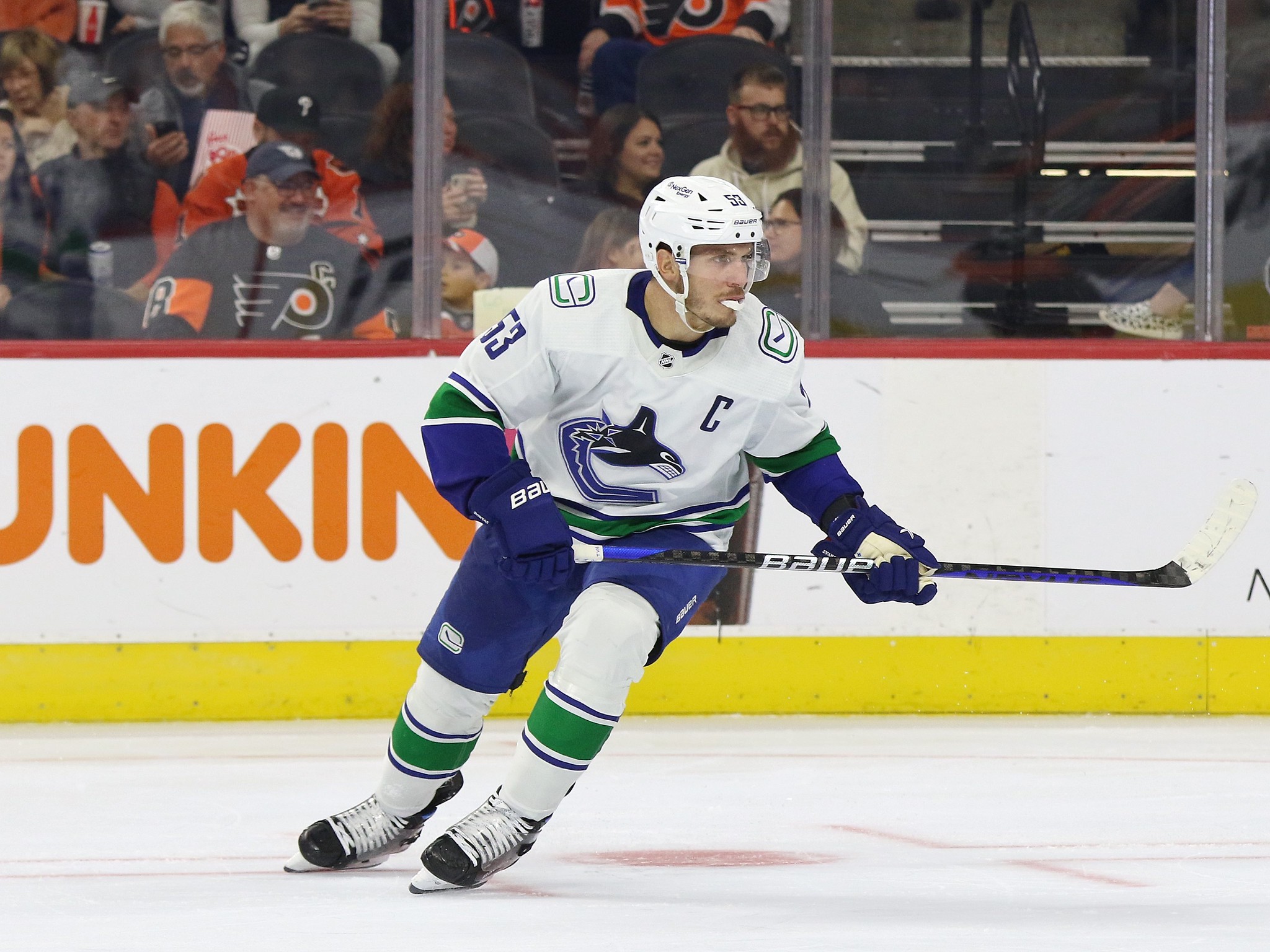

On June 30, 2013, the Vancouver Canucks executed a trade that would alter the course of their franchise for years to come. In a move that shocked many, they sent goaltender Cory Schneider to the New Jersey Devils in exchange for the ninth overall pick in the upcoming NHL Entry Draft. With that pick, the Canucks selected London Knights center Bo Horvat.
At the time, the Canucks had a complicated goaltending situation. Roberto Luongo, was under contract, but after Schneider became the better player and signed a new deal, Luongo requested a trade. Unable to find a taker for Luongo's contract, General Manager Mike Gillis traded the younger, cheaper, and arguably better Schneider. This decision was met with considerable criticism, as many believed the Canucks didn't receive enough in return for a rising star goaltender.
The Canucks were coming off a disappointing 2013 playoff performance, having been swept by the San Jose Sharks in the first round. Gillis fired head coach Alain Vigneault and replaced him with John Tortorella. He knew changes were necessary, and the Schneider trade was a major part of that overhaul.
With the ninth pick, the Canucks had several options. They could have selected defensemen Josh Morrissey or Darnell Nurse, or forwards Max Domi or Curtis Lazar. However, they opted for Horvat, a two-way center who had helped the London Knights win back-to-back Memorial Cup championships. While some questioned the selection, as the Canucks already had Henrik Sedin and Ryan Kesler as their top two centers, Horvat quickly proved his worth.
Horvat made the jump to the NHL in the 2014-15 season and established himself as a key player for the Canucks. In 621 games with the Canucks, Horvat recorded 201 goals and 420 points. He was named the 14th captain in franchise history. In January 2023, Horvat was traded to the New York Islanders.
Schneider's career took a different path. After being traded to the Devils, he spent several seasons as their starting goaltender. However, injuries eventually took their toll, and his performance declined.
Looking back, the Horvat-for-Schneider trade is a complex one to evaluate. While the initial reaction was that the Canucks didn't get enough value, Horvat became a valuable player and captain for the team. He led the Canucks to their first playoff spot since his rookie season. In the 2020 bubble playoffs, Horvat shined, scoring 10 goals and 12 points in 17 games. Only three players had more goals than him by the end of the playoffs, all of whom played at least 23 games.
However, the Canucks ultimately traded Horvat, and the team is now in a free fall without a leader in the room. The assets acquired in the Horvat trade have not yet made up for his loss. Anthony Beauvillier, one of the players acquired for Horvat, has since been traded twice and is now on his fourth team since the initial trade. The 2023 first-round pick the Canucks got for Horvat was flipped to Detroit for Filip Hronek.
The trade also had a ripple effect on other Canucks' decisions. If the Canucks hadn't drafted Horvat, they might have drafted different players in subsequent years. For example, they might have taken Clayton Keller, Tyson Jost, or Logan Brown in 2016 instead of Olli Juolevi. If they had taken two centers in the first round between 2014 and 2016, they might not have drafted Elias Pettersson in 2017.
In conclusion, the Cory Schneider for Bo Horvat trade was a franchise-altering move for the Vancouver Canucks. While it initially appeared to be a lopsided deal, Horvat's emergence as a key player and captain made it a more palatable outcome. However, the Canucks' inability to retain Horvat and the subsequent decline of the team have led some to question the long-term wisdom of the trade.